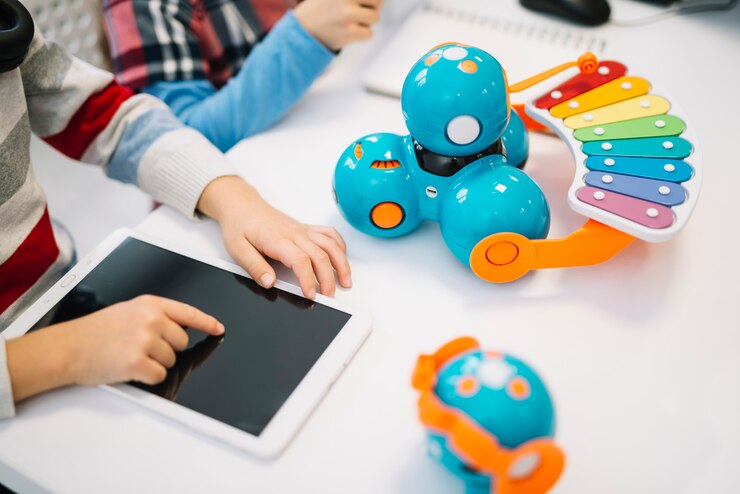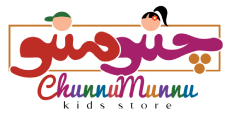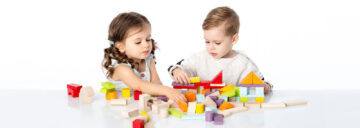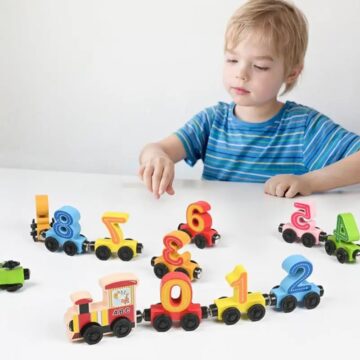
Children are naturally curious, driven by an innate desire to explore, learn, and grow. As parents and caregivers, it’s essential to nurture this curiosity in ways that promote healthy development. One of the most effective ways to do this is through educational toys. These toys do more than just entertain; they serve as vital tools in the developmental journey of a child. From enhancing cognitive skills to fostering social and emotional growth, educational toys play a crucial role in shaping the future of young minds.
Understanding Educational Toys
Educational toys are specifically designed to stimulate learning and development. Unlike regular toys that may simply serve the purpose of entertainment, educational toys are built with a focus on fostering learning in areas such as cognitive abilities, motor skills, problem-solving, and creativity. They often incorporate elements of play that are both fun and challenging, encouraging children to think critically, explore new ideas, and develop a love for learning.

Cognitive Development
One of the primary benefits of educational toys is their ability to enhance cognitive development. Cognitive development refers to the progression of a child’s ability to think and understand. This involves a range of mental skills including problem-solving, memory, and decision-making.
Educational toys like puzzles, memory games, and building blocks are excellent for developing these skills. For instance, puzzles help children learn to recognize shapes, colors, and patterns, while also encouraging problem-solving as they figure out how the pieces fit together. Similarly, building blocks allow children to experiment with spatial relationships and structures, laying the groundwork for mathematical and engineering concepts.
Language and Communication Skills
Language development is a critical aspect of early childhood. Educational toys can significantly aid in this area by providing opportunities for children to practice and expand their vocabulary. Toys like alphabet blocks, interactive books, and talking dolls introduce children to new words and concepts, helping them to develop their language skills in a natural and engaging way.
Additionally, playing with toys that involve storytelling or role-playing, such as action figures or dollhouses, can enhance a child’s ability to communicate. These toys encourage children to express their thoughts, ideas, and emotions, thereby improving both their verbal and non-verbal communication skills.
Motor Skills and Physical Development
Physical development, particularly the development of fine and gross motor skills, is another critical area where educational toys make a significant impact. Fine motor skills involve the use of small muscles, particularly in the hands and fingers, which are essential for tasks like writing, buttoning clothes, and using utensils.
Educational toys such as beads for threading, playdough, and art supplies like crayons and scissors help children refine their fine motor skills. On the other hand, toys that encourage movement, such as balls, tricycles, and climbing frames, are vital for the development of gross motor skills, which involve larger muscle groups and are necessary for activities like running, jumping, and balancing.
Social and Emotional Development
Educational toys also play a crucial role in social and emotional development. Toys that involve group play, such as board games or team-based activities, teach children the importance of cooperation, sharing, and taking turns. Through these interactions, children learn to navigate social dynamics, develop empathy, and build relationships with their peers.
Moreover, educational toys that encourage role-playing, like costumes or play kitchens, help children explore different emotions and perspectives. This kind of imaginative play allows children to experiment with different social roles, understand the feelings of others, and develop emotional intelligence.
Fostering Creativity and Imagination
Creativity is an essential skill that can be nurtured from a young age. Educational toys that encourage open-ended play, such as building sets, art supplies, and musical instruments, allow children to express themselves freely and explore their imaginations.
For example, a simple set of building blocks can be transformed into a castle, a spaceship, or a zoo, depending on the child’s creativity. Art supplies like paints, markers, and clay give children the tools to create original works of art, while musical instruments allow them to experiment with sounds and rhythms. These activities not only foster creativity but also encourage children to think critically and solve problems in innovative ways.
Enhancing Concentration and Focus
In a world filled with distractions, developing the ability to concentrate and stay focused is more important than ever. Educational toys that require a child to follow instructions, solve problems, or complete a task help in building these critical skills.
Toys like jigsaw puzzles, construction sets, and board games require sustained attention and perseverance. As children engage with these toys, they learn to focus on the task at hand, work through challenges, and experience the satisfaction of completing a goal. Over time, these experiences contribute to the development of strong concentration and focus, which are essential for success in school and later life.
Encouraging Independence and Self-Confidence
Playing with educational toys can also encourage independence and boost self-confidence in children. When children engage in activities that allow them to explore and solve problems on their own, they develop a sense of autonomy and confidence in their abilities.
For instance, completing a complex puzzle or building a tall tower with blocks can be incredibly rewarding for a child. These experiences not only provide a sense of accomplishment but also reinforce the idea that they are capable of achieving their goals through effort and persistence. This self-confidence is crucial as it lays the foundation for a positive self-image and a resilient mindset.

Selecting the Right Educational Toys
With so many educational toys available on the market, choosing the right ones for your child can be overwhelming. It’s important to select toys that are age-appropriate and align with your child’s interests and developmental stage. For younger children, simple toys that encourage exploration and sensory experiences, such as stacking rings or shape sorters, are ideal. As children grow older, more complex toys that challenge their cognitive, physical, and social skills, such as science kits, construction sets, and board games, become more suitable.
Moreover, it’s essential to choose toys that are safe and made from non-toxic materials. Always look for toys that have been tested for safety and meet the relevant standards.
Conclusion
Educational toys are more than just tools for keeping children occupied; they are fundamental to a child’s development. By carefully selecting toys that challenge and engage, parents and caregivers can help children build the skills they need for a bright future. Whether it’s through enhancing cognitive abilities, improving motor skills, or fostering social and emotional growth, educational toys play a vital role in the overall development of children.
Investing in high-quality educational toys is an investment in a child’s future, providing them with the tools they need to explore, learn, and thrive in an ever-changing world. As we continue to understand more about the importance of early childhood development, the role of educational toys becomes increasingly clear. They are not just playthings; they are building blocks for a successful and fulfilling life.
















